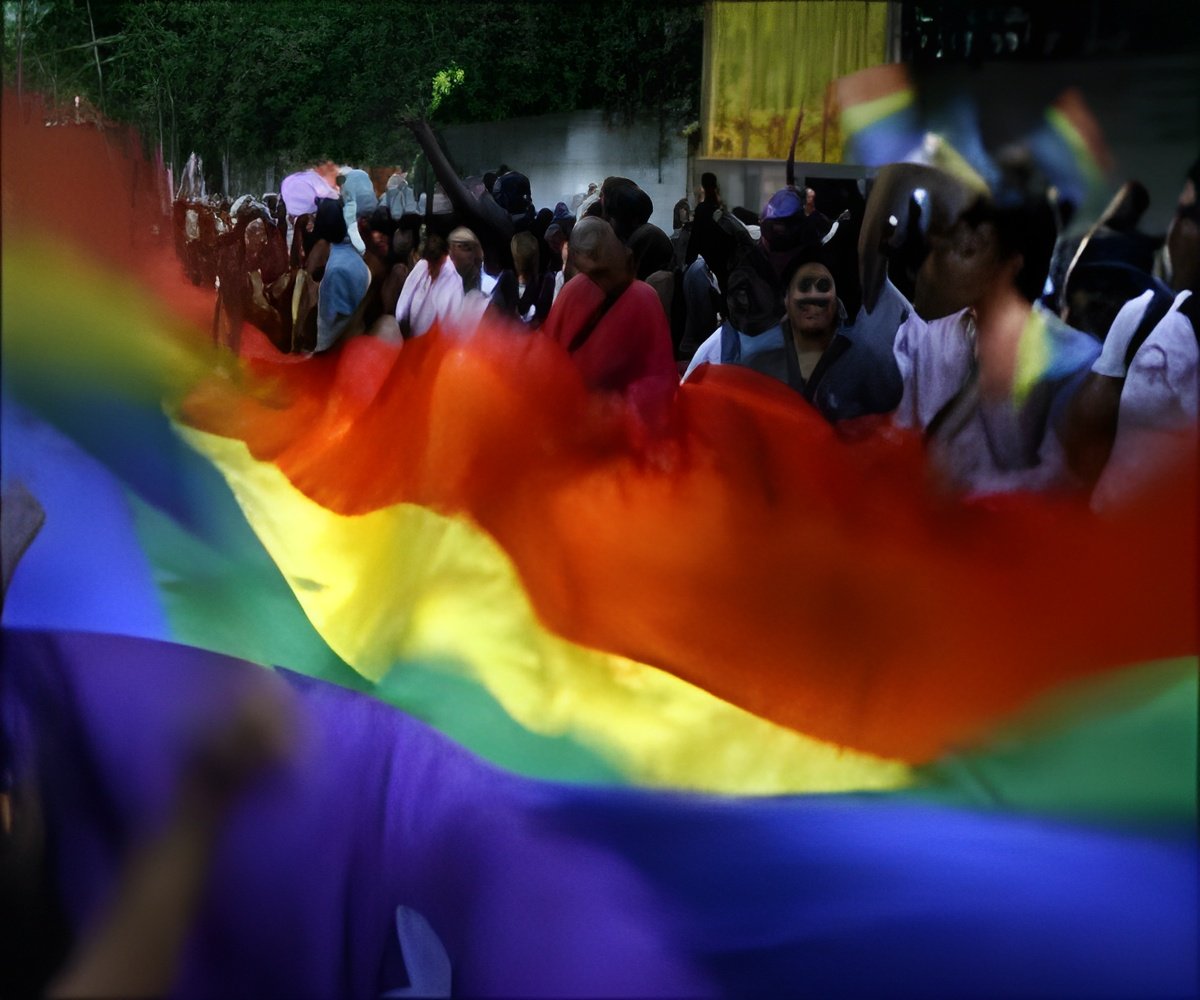78 percent of providers expect that patients would refuse to provide sexual orientation information if asked in the emergency setting.

‘The majority of Americans, including Lesbian, Gay and Bisexual (LGB) individuals are willing to disclose their sexual orientation in the Emergency Department setting.’





A new publication from the EQUALITY Study, a collaborative effort between researchers at Brigham and Women's Hospital (BWH), Harvard Medical School and the Johns Hopkins University School of Medicine, highlights the discordant views of patients and providers on the topic of collecting SO information in the Emergency Department (ED). 77.8 percent of providers included in the study thought patients would refuse to provide SO information in the ED, but only 10.3 percent of patients reported that they would refuse to provide such information. The results were published online in JAMA Internal Medicine on April 24, 2017. "Our findings demonstrate that the majority of Americans, including Lesbian, Gay and Bisexual (LGB) individuals are willing to disclose their sexual orientation in the ED setting. This is important information that patients feel is relevant to their health, and in most cases, they want and expect their healthcare providers to ask them about it," said Adil Haider, MD, MPH, Kessler Director of the Center for Surgery and Public Health at BWH, principal investigator for the EQUALITY Study, and first author of the publication. "Our patients are telling us that routinely asking all patients who come to the ED about this information creates a sense of normalcy toward people of all sexual orientations and signals that each patient is equally welcome here, including the 3 to 10 percent of Americans who identify as lesbian, gay or bisexual."
The multisite, multi-year study utilized an exploratory sequential mixed-methods design. First, researchers conducted 79 in-depth qualitative (53 patients and 26 providers) in the Baltimore, MD and Washington, DC area. With feedback from a Stakeholder Advisory Board, the results from these interviews informed the development of quantitative surveys, which were then administered to 1,516 potential patients who identified as lesbian, gay, bisexual and straight, and 429 ED providers, including both physicians and nurses. Participants were recruited using random digit dialing and addressed-based sampling techniques from across the United States and were eligible if they were 18 years or older and consented to participate in the online survey.
The study explored views of patients and providers on the topic of collecting SO information as well as preferred methods for collecting this information. After adjusting for demographic characteristics including sex, age, education, race, marital status, rental status, head of household, work status and income, only bisexual patients had significantly increased odds of refusing to provide sexual orientation compared to straight patients. Findings also revealed that lesbian women were less likely to refuse than gay men. Both patients and providers indicated that they favored non-verbal self-reporting (via paper or electronic formats) over verbal reporting (responding to questions asked by a nurse, physician, or registrar) as their preferred method of reporting their sexual orientation to care providers.
"In order to identify and address health disparities among LGB populations, we must implement a standardized, patient-centered approach for routine collection of SO data on a broader, national scale," said Brandyn Lau, MPH, CPH, assistant professor of surgery and health sciences informatics at the Johns Hopkins University School of Medicine, site principal investigator for the EQUALITY Study and senior author of the publication. "These findings affirm the need for collection, are critical to informing how best to collect SO information, and may also be useful in the development of guidelines and policies at the provider level and beyond."
Given the highly nuanced considerations surrounding the interviewing and surveying of transgender individuals, an additional specialized national survey was created for this group, the results of which have been reported in a separate publication. Other publications resulting from this study have focused on the risks and benefits of SO/GI collection and patient and staff perspectives of implementing SO/GI data collection.
Source-Eurekalert










